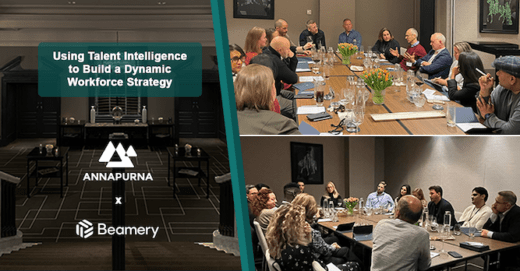Large organisations are in danger of responding to new world changes and pace with old world traditional thinking, models and answers. This won’t work.
• Financial Institutions are seeing a rapid increase in Fintech solutions that are challenging and enhancing their conventional way of doing business,
• Millennials are poised to reshape the global economy in more significant ways than any other generation, the banking industry included.
• 73% of Millennials would be more excited about a new offering in financial services from ALPHABET, AMAZON, APPLE or PAYPAL than from their own national bank.
Source: MWM Quoting Millennial Disruption Index (2OM)
And e-retailers unencumbered with storefront costs have forever changed shoppers’ behaviours.
Like never before, nothing will be like it was.
To survive and thrive in this challenging environment, organisations have to learn to adapt and change at both a more fundamental and also quicker pace.
Whilst agile working methodologies may ensure that product development, IT development and other “projects” are managed differently, a more fundamental cultural shift is required in many organisations, if these same organisations are to survive and thrive.
Agile working methodologies may achieve project orientated success but what is needed to achieve real sustainable change is a look at the culture of an organisation and how that might need to change to ensure future sustainable success. Is it future fit?
“Culture eats strategy for breakfast” is a famous quotation attributed to the late business management guru Peter Drucker.
The reason I agree with this is because culture impacts everything. Every decision. All behaviours. Everybody.
“Organisational culture is a system of shared assumptions, values, and beliefs, which governs how people behave in organisations. These shared values have a strong influence on the people in the organisation and dictate how they dress, act and performs their jobs”.
Source: scholar.google.co.uk
A culture, like other living systems, is often resistant to change, striving to maintain the existing balance and status quo. Often seeing change as a risk, a threat, it will resist change, even though in some instances it will appear at least superficially to be open and embracing of change.
There are literally thousands of change models precisely because achieving real sustainable change is so complex and elusive.
Thankfully there are also many consultants out there who make a living from simplifying and synthesizing these. As part of this IP, I particularly like the McKinsey’s influence model which identifies 4 levers that need to be in place to shift adult mindsets.
1. Fostering an understanding and conviction around the change that is being requested
2. Putting reinforcing mechanisms in place to promote and support the change
3. Developing talent and skills for the new state
4. Role modelling the new behaviours required for the change or by it and demonstrate symbolic actions.
Not strictly a change model in the traditional sense, it speaks to how to create, embed and sustain change. As organisations are striving to change and adapt to a new set of challenges, nontraditional competitors, disruption, significant opportunities, HR professionals perhaps closest to the cultural pulse, should assist business leaders in crafting the organisations future, at the very least, from a cultural perspective (but also from a structural, capability perspective as well).
HR together with business leaders need to construct the new organisational culture and properly embed it in a holistic and systemic manner.
In the emerging world, we need leaders who are less command and control, less hierarchical, less conservative and more curious, open, show humility, creative and flexible.
“A new breed of jobs are emerging. Requiring multiple and diverse skills.
(Oliver Wayman; Delivering the workforce of the future 2017)




